エアロジニー — あなたのインテリジェントな副操縦士。
現在のトレンド
Categories
Archer Aviation Expands Partnership with Korean Air

Archer Aviation Expands Partnership with Korean Air
Archer Aviation, the electric vertical take-off and landing (eVTOL) startup supported by Boeing, is broadening its collaboration with Korean Air to introduce air taxi services in South Korea. This announcement propelled Archer’s shares up 6% in early U.S. trading, reflecting investor optimism about the company’s growing presence in the urban air mobility sector. The partnership focuses on deploying Archer’s Midnight eVTOL air taxis for short urban trips and airport transfers, positioning the company as a key player in the emerging market for sustainable, efficient city transportation.
Strategic Collaboration and Market Positioning
Backed by industry leaders such as Boeing and Stellantis, Archer is leveraging South Korea’s strong interest in innovative transit solutions to accelerate the commercial rollout of its air taxis. Korean Air is expected to place an order for up to 100 Midnight eVTOL aircraft, joining other major customers like United Airlines. In addition to expanding its customer base, Archer has recently enhanced its technological capabilities by acquiring hundreds of patents from competitor Lilium and demonstrating advancements in performance testing. These developments underscore the company’s commitment to maintaining a competitive edge in a rapidly evolving industry.
Challenges and Competitive Landscape
Despite the promising outlook, Archer faces significant challenges on the path to commercial operations. Regulatory approval remains a major obstacle, as aviation authorities in South Korea and other countries continue to develop frameworks for advanced air mobility services. The company also contends with intense competition from rivals such as Joby Aviation and Lilium, both of which are actively pursuing their own strategic partnerships and technological innovations. As the market intensifies, these competitors may respond with similar alliances or acquisitions to secure their positions.
Investor enthusiasm for urban air mobility is strong, driven by the potential for cleaner and faster urban commutes and the involvement of established aerospace firms. However, the sector’s long development timelines and substantial costs are evident. Archer projects adjusted EBITDA losses of up to $130 million this quarter, an increase from $93 million a year earlier, highlighting the financial challenges inherent in transitioning from prototype development to commercial deployment. This underscores the need for investor patience as companies navigate regulatory, technical, and market complexities.
Broader Implications for Urban Transportation
The expansion of air taxi services carries significant implications for the future of urban transportation. These vehicles offer a sustainable alternative to traditional transit modes, aligning with global efforts by governments and airlines to reduce emissions. South Korea’s early adoption of eVTOL technology could help establish international standards and accelerate industry momentum. Moreover, the partnership between Archer and Korean Air may drive further technological innovation and influence consumer acceptance, both of which are critical for widespread adoption. Regulatory clarity and public trust will be essential factors in determining the success of urban air mobility initiatives.
While Archer’s expanded partnership strengthens its position in the global air taxi race, the journey toward profitability and mainstream adoption is expected to be gradual. The company’s progress highlights the complex interplay of innovation, competition, and regulatory approval that will shape the future of urban air transportation and determine which companies emerge as leaders in the skies above tomorrow’s cities.
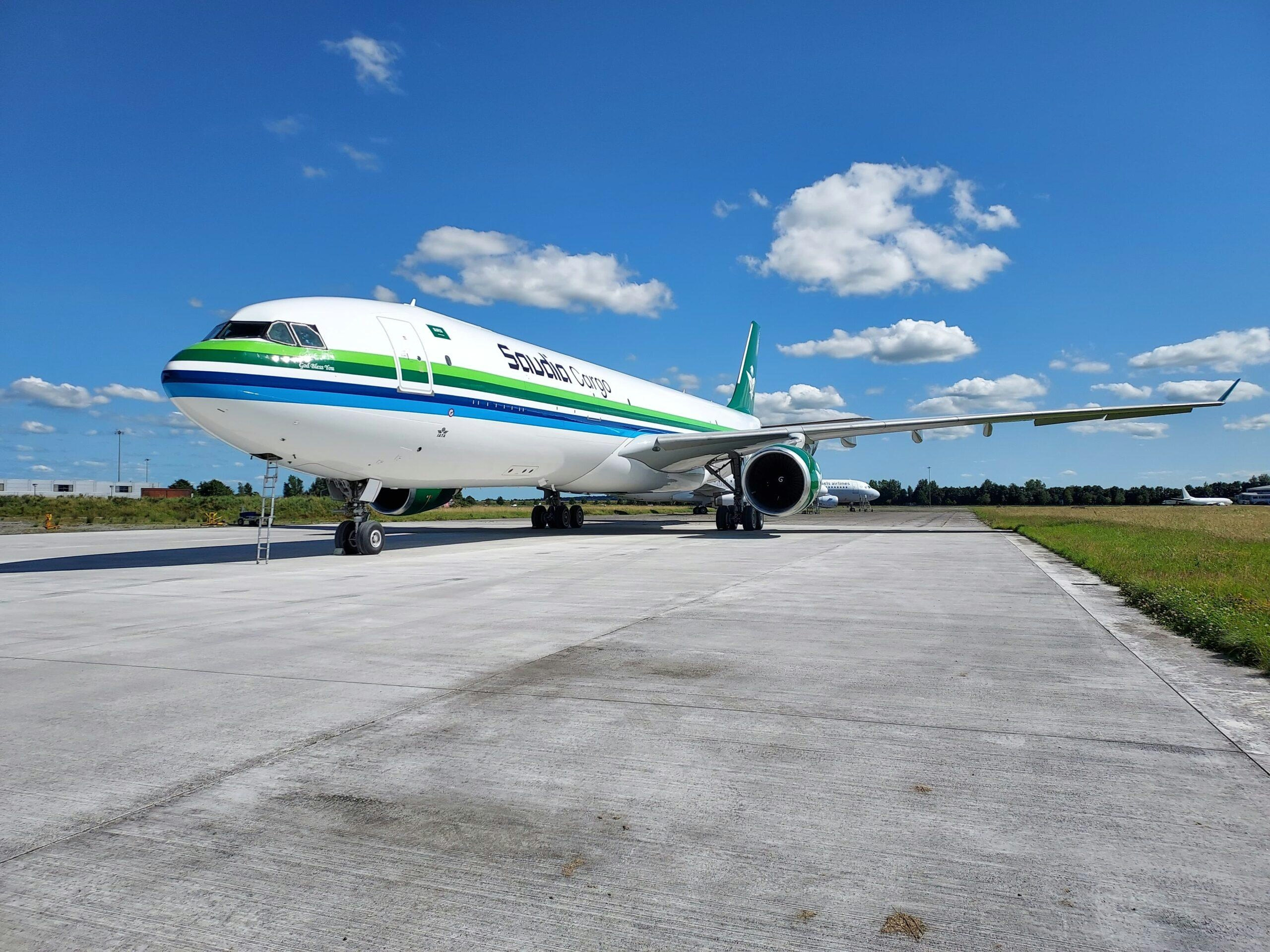
AJW Group Renews Partnership with ASL Aviation to Support A330ceo Fleet
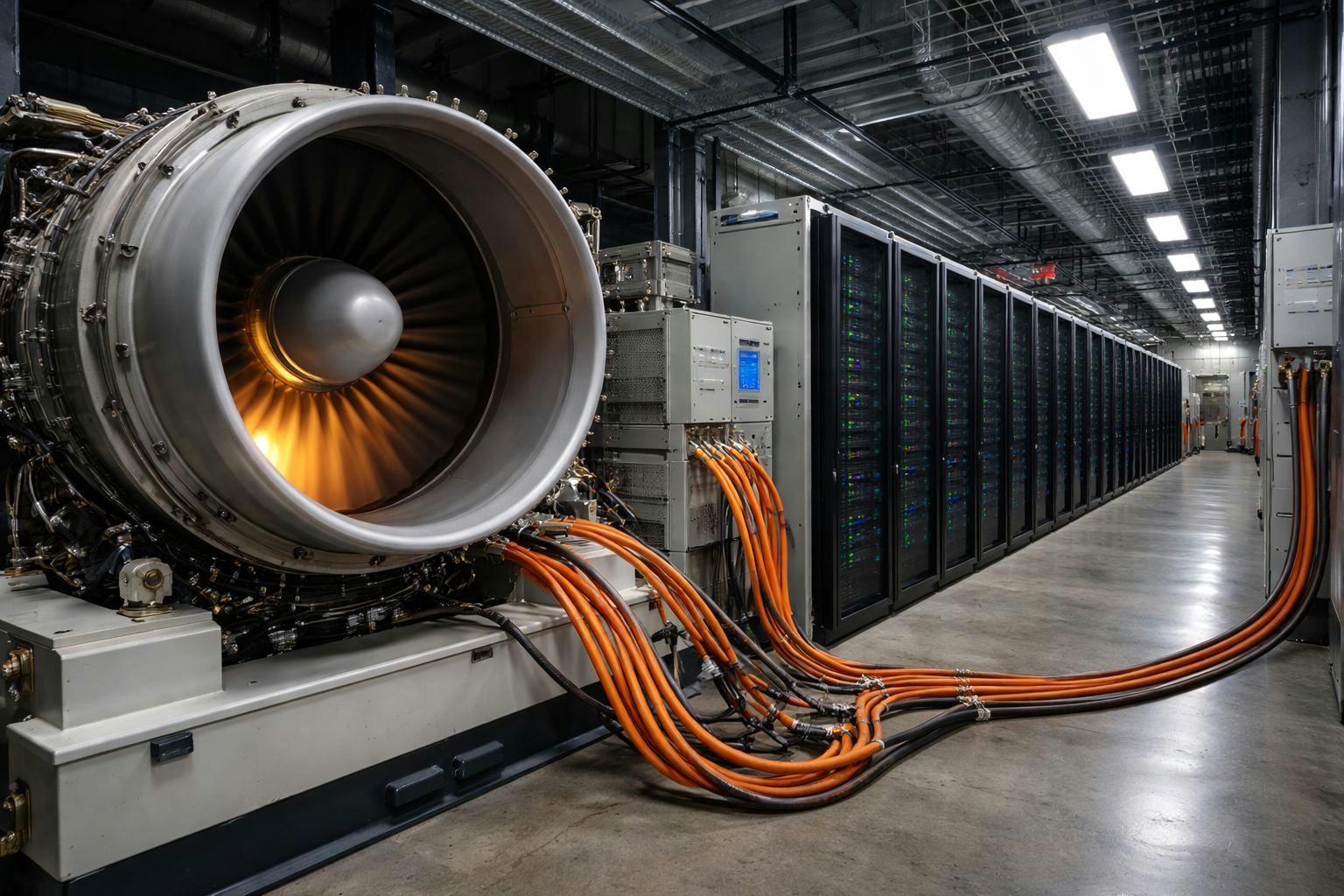
Could AI Cause a Jet Engine Shortage Similar to the Chip Crisis?

Joint Statement from UK Space Agency, MHRA, Regulatory Innovation Office, and Civil Aviation Authority
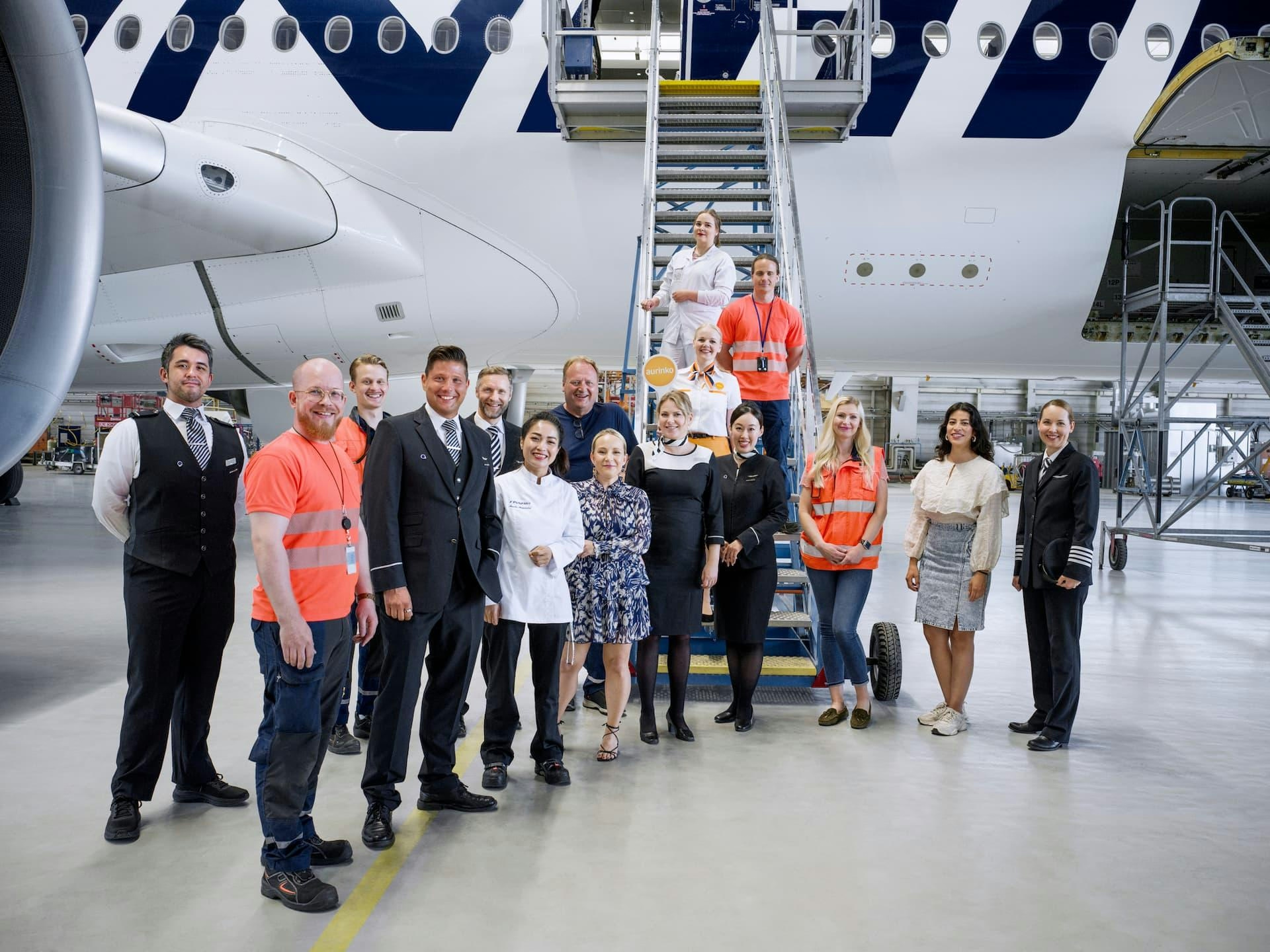
Finnair's Commitment to Sustainable Aviation and Value Chains
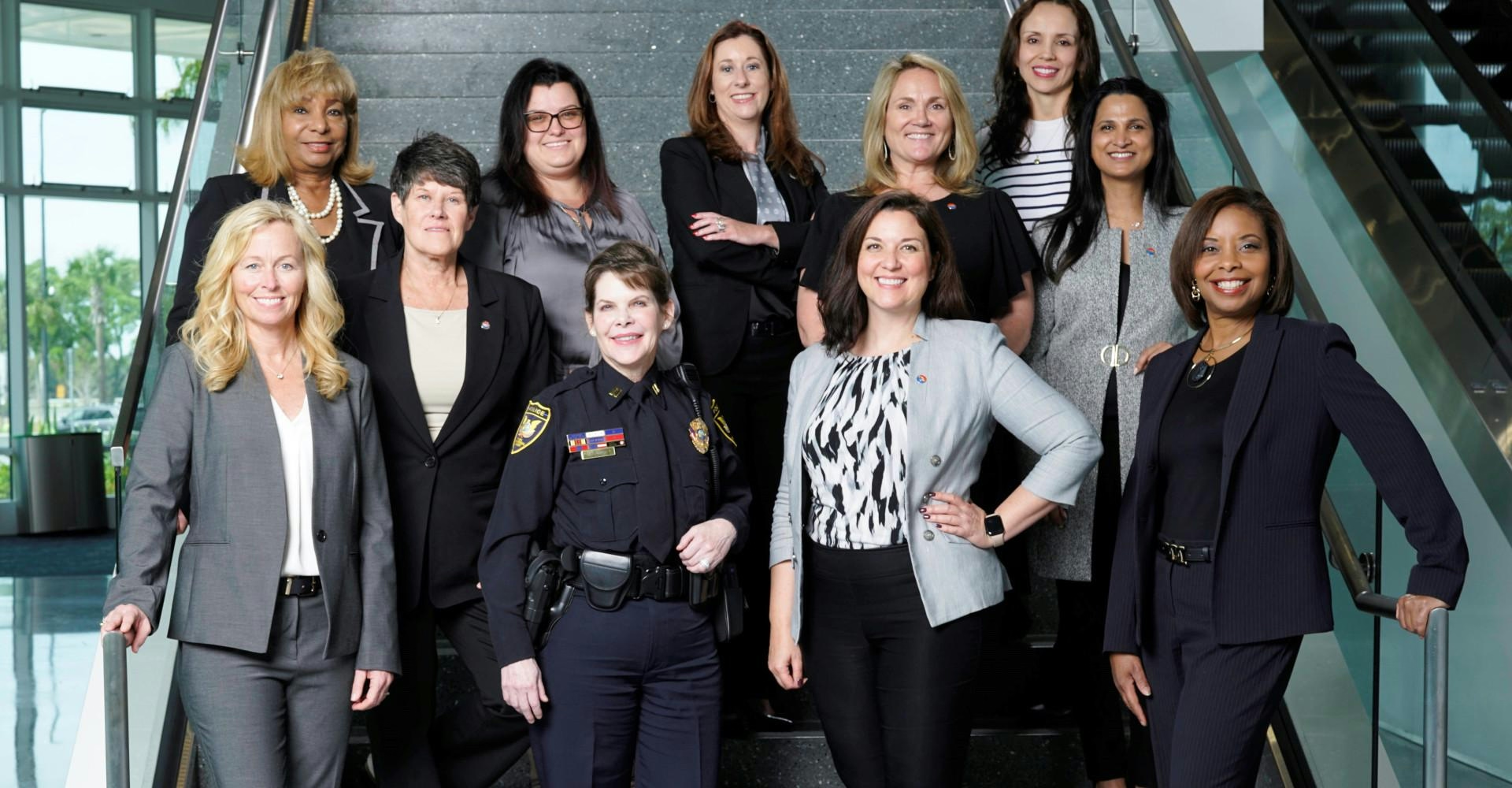
Women Leaders Shaping the Future of Passenger Experience
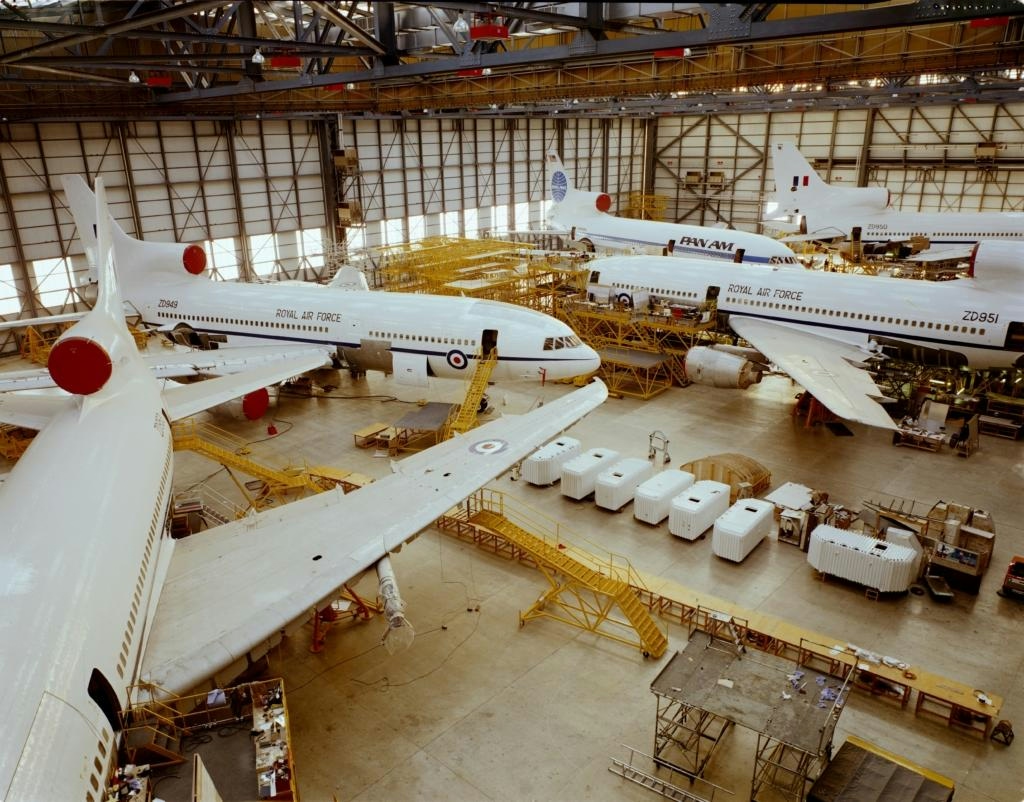
Marshall Aerospace’s 115-Year Evolution from Cars to C-130s

Advancing Sustainable Aviation Goals for 2050

Sabre Introduces New AI-Driven Platform
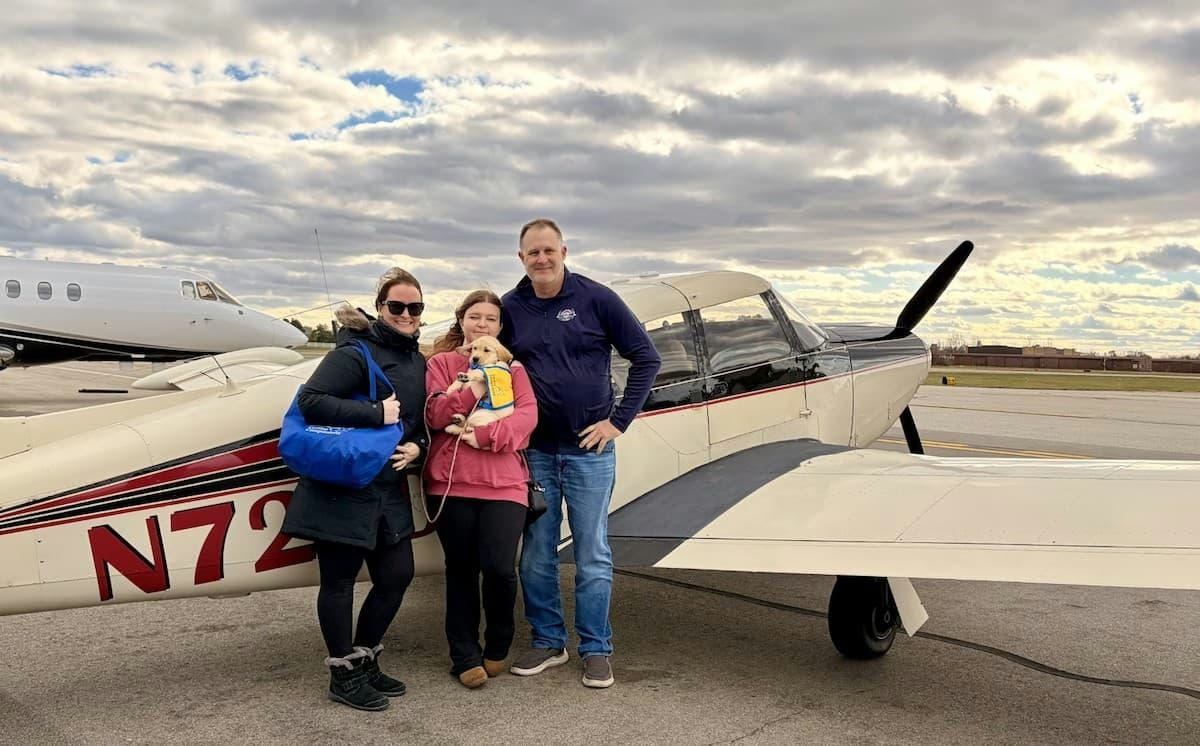
Photo of the Day: Special Delivery
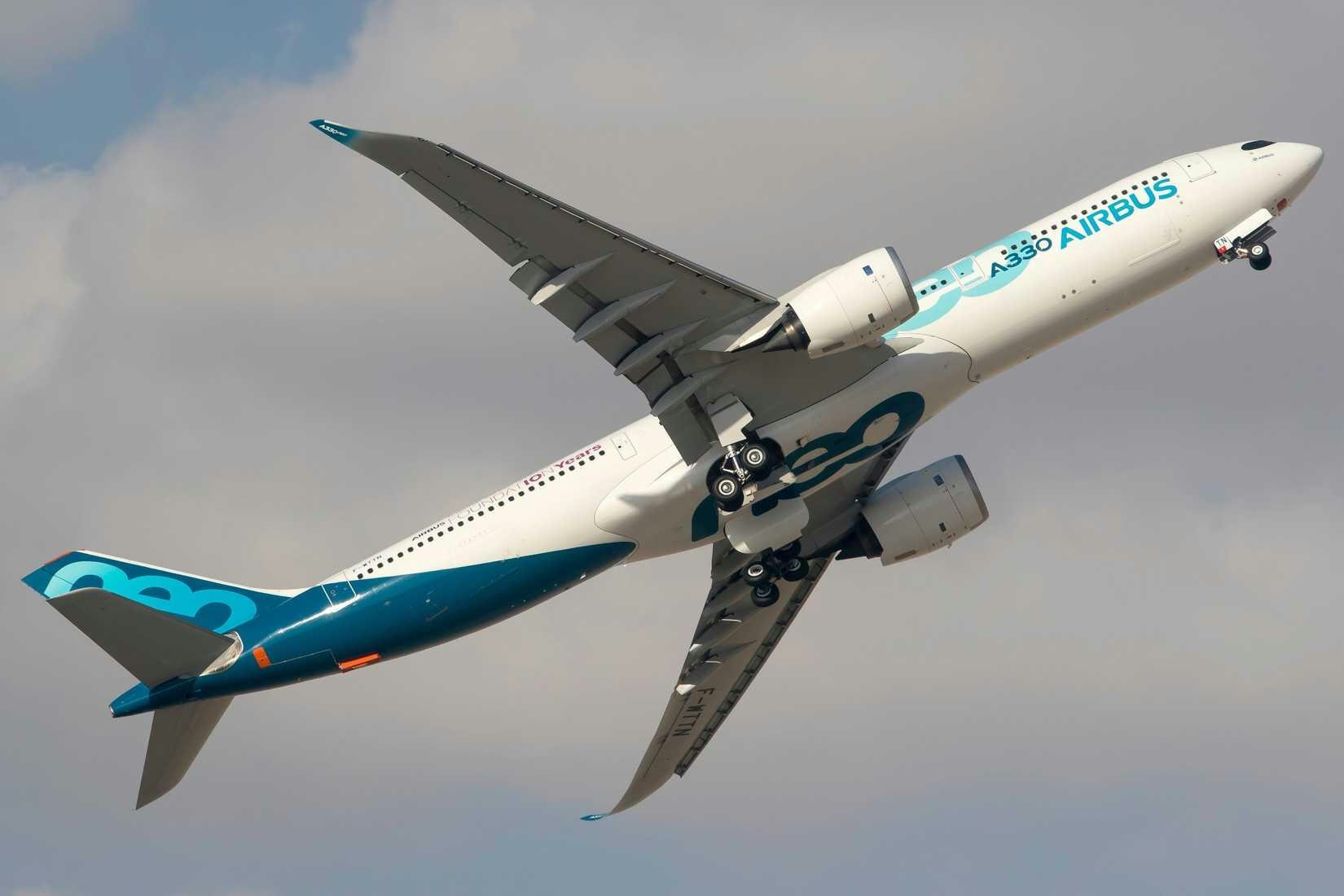
GOL CEO Confirms Possible Arrival of A330neo Widebody Aircraft
